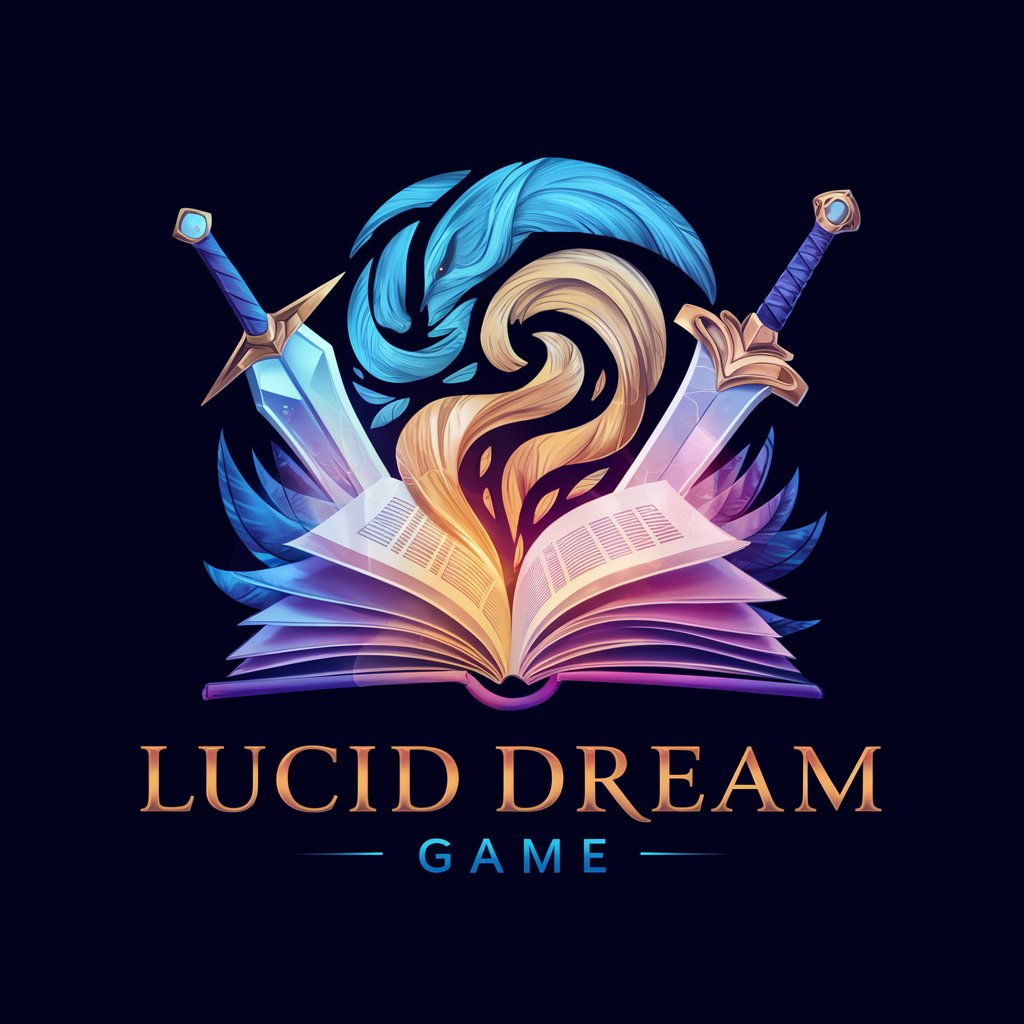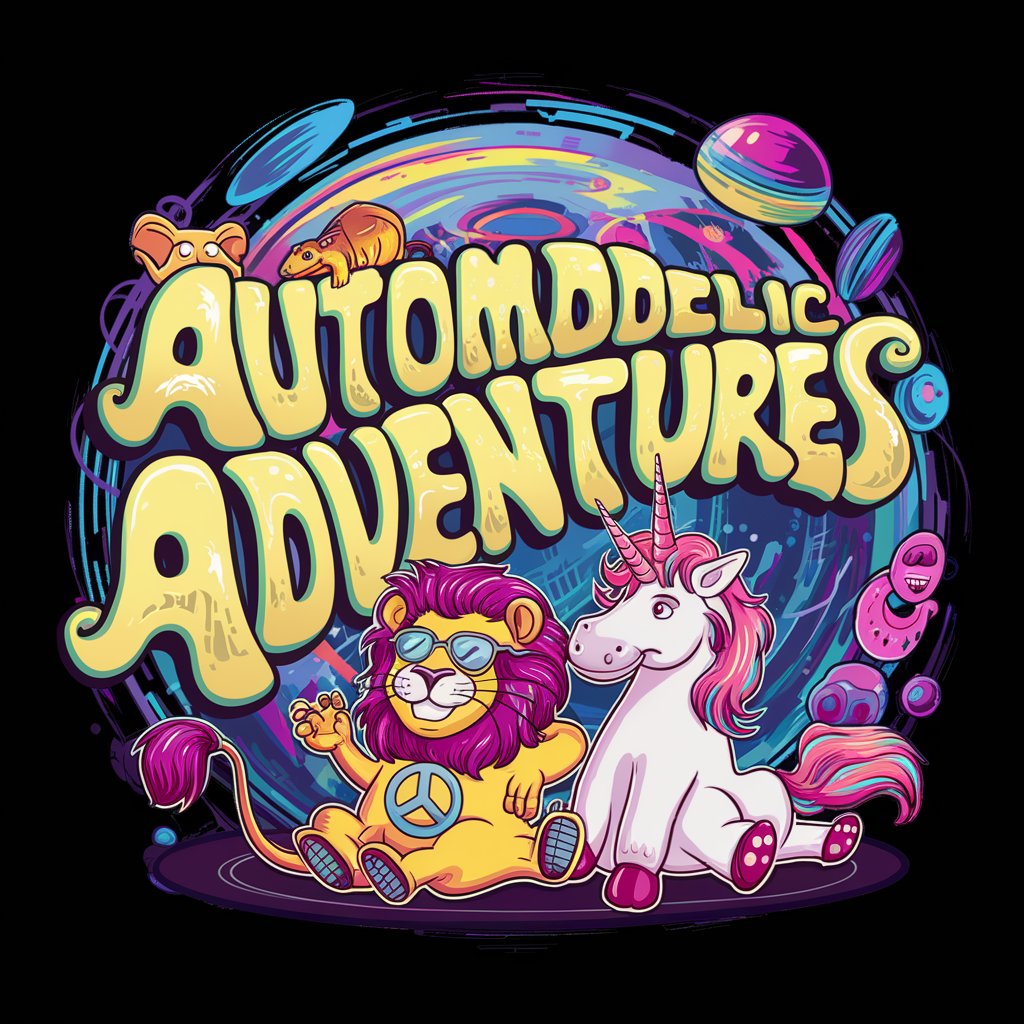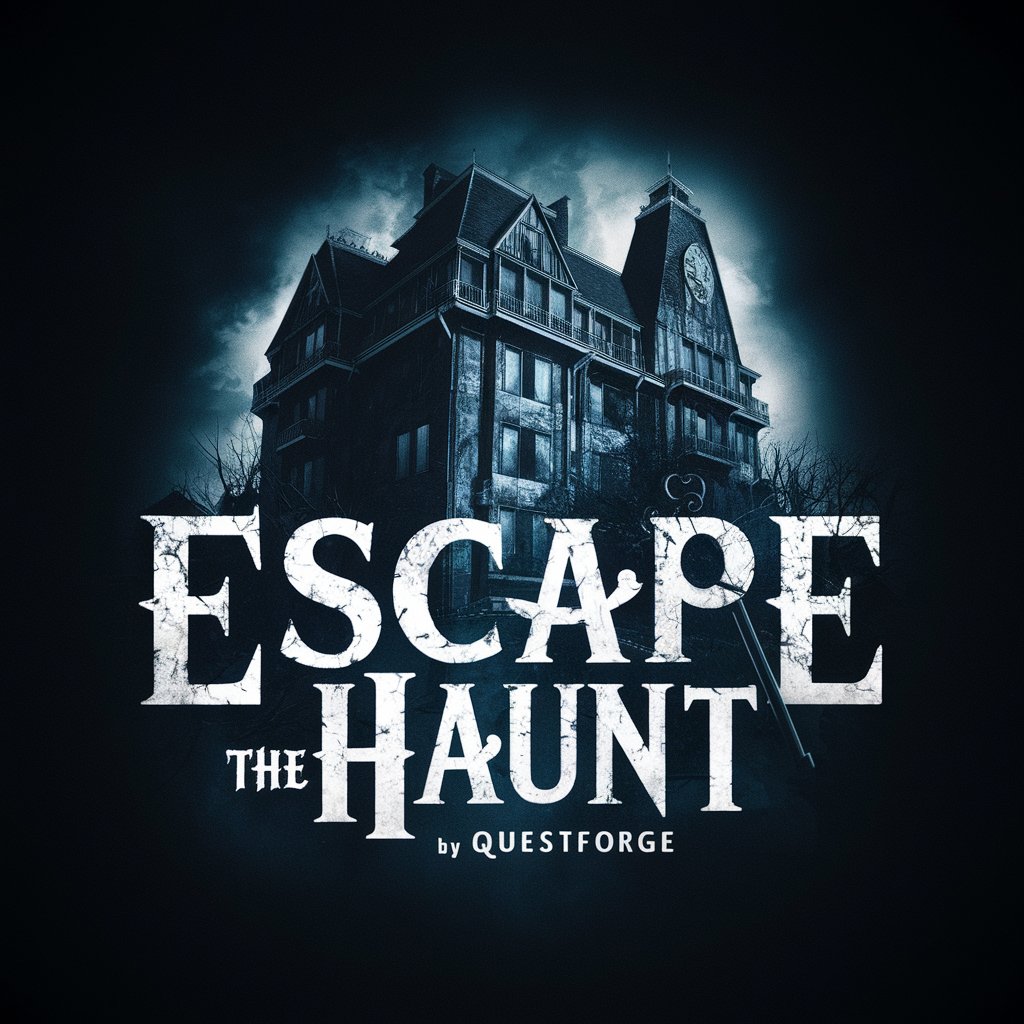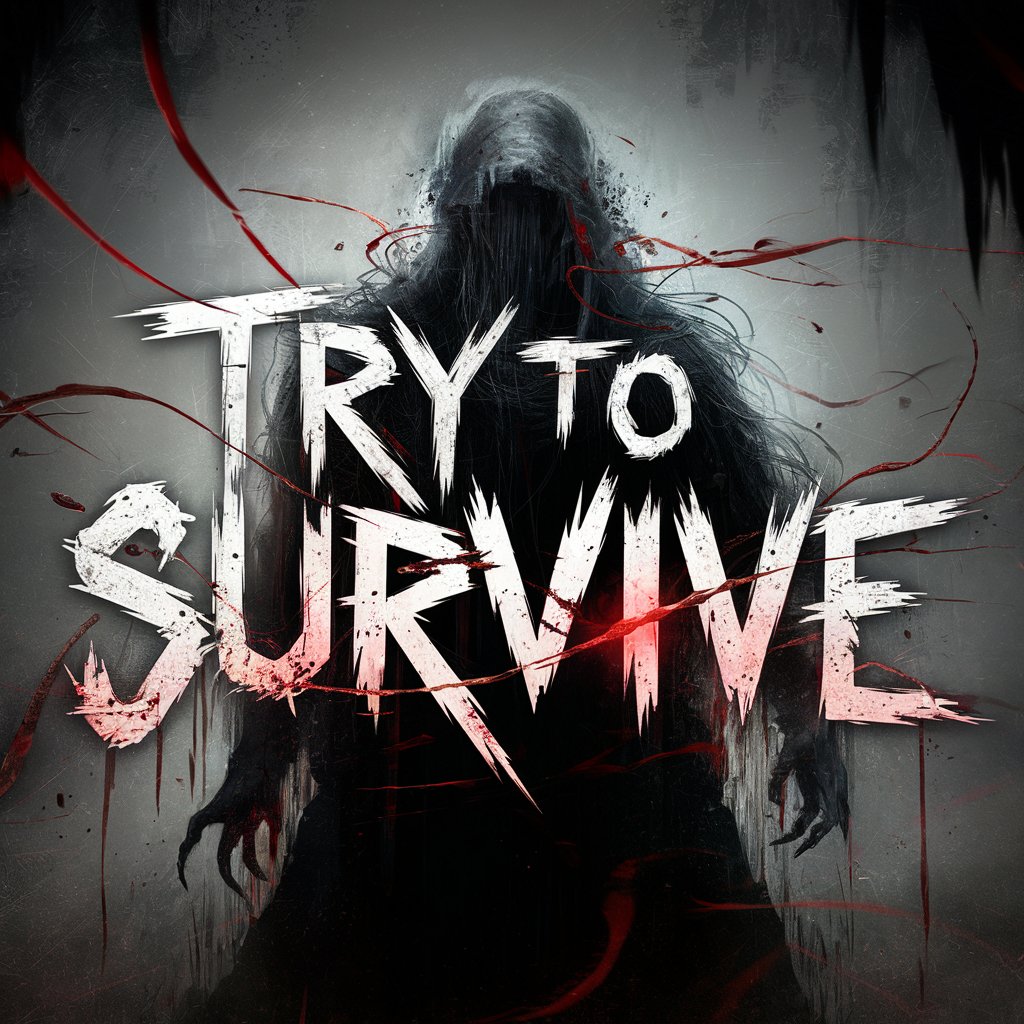4 GPTs for Horror Survival Powered by AI for Free of 2025
AI GPTs for Horror Survival are advanced artificial intelligence tools designed specifically for enhancing experiences and developing content within the horror survival genre. Utilizing Generative Pre-trained Transformers (GPTs), these AI tools offer tailored solutions that adapt to various tasks related to horror survival themes, from creating immersive narratives to generating realistic scenarios. They serve as a bridge between technology and creativity, providing unique, genre-specific content that enhances storytelling, game design, and user engagement in horror survival contexts.
Top 4 GPTs for Horror Survival are: Lucid Dream Game,Automadelic Adventures,Escape the Haunt by QuestForge,Try to Survive
Lucid Dream Game
Immerse in AI-driven fantasy worlds.

Automadelic Adventures
Dive into AI-powered surreal narratives.

Escape the Haunt by QuestForge
Escape the horror with AI-powered puzzles.

Try to Survive
Survive against all odds in a world of horror.

Essential Attributes of Horror Survival AI
AI GPTs for Horror Survival boast several core features that set them apart. These include advanced natural language processing capabilities for generating chilling narratives, adaptability to create diverse horror scenarios, and the ability to tailor content to different horror sub-genres. Specialized features may also encompass language learning for multilingual content creation, technical support for developers, web searching for real-time horror trends, image creation for visual horror elements, and data analysis to understand audience preferences within the horror survival domain.
Who Benefits from Horror-Themed AI Tools
The primary beneficiaries of AI GPTs for Horror Survival include novices seeking to explore the horror genre, developers creating horror games or interactive experiences, and professionals in storytelling or entertainment seeking innovative content. These tools are accessible to users without programming knowledge through user-friendly interfaces, while also offering advanced customization options for those with technical expertise, making them versatile for a wide range of applications.
Try Our other AI GPTs tools for Free
Home Learning
Discover how AI GPTs for Home Learning are transforming education with personalized, interactive, and accessible learning experiences from the comfort of your home.
Knowledge Analysis
Explore the power of AI GPTs for Knowledge Analysis: versatile tools designed to offer tailored, intelligent insights from data, accessible to all user levels.
Decor Recommendations
Discover personalized decor inspiration with AI GPTs. Tailored advice, trend insights, and visual concepts to transform your space, effortlessly.
Collectibles Hunting
Discover how AI GPTs transform collectibles hunting with advanced analysis, real-time insights, and personalized advice, making it easier than ever to find and acquire rare items.
Art Acquisitions
Discover how AI GPTs for Art Acquisitions are transforming the art market with advanced analysis, personalized investment insights, and more. Tailored for collectors, investors, and art professionals.
Vehicle Bidding
Discover how AI GPTs transform vehicle bidding with tailored solutions, from predictive analytics to real-time bidding support, designed for both novices and professionals.
Expanding the Horizon with AI in Horror
AI GPTs function as a versatile tool in various sectors, especially in horror survival, by offering user-friendly interfaces and customizable solutions. Their ability to seamlessly integrate with existing systems or workflows further enhances their utility, making them an invaluable asset for creators and professionals looking to push the boundaries of horror storytelling and game design.
Frequently Asked Questions
What are AI GPTs for Horror Survival?
AI GPTs for Horror Survival are AI-driven tools tailored to enhance and create content specifically for the horror survival genre, utilizing the capabilities of Generative Pre-trained Transformers.
How can these AI tools enhance horror survival experiences?
They can generate immersive, realistic horror narratives, scenarios, and visual elements, tailored to the specific sub-genres of horror survival, thereby enhancing storytelling and gameplay.
Who can use these AI GPTs tools?
They are designed for a wide audience, including novices, game developers, and storytelling professionals, offering both simple and advanced customization options.
Do I need programming skills to use these tools?
No, these tools are designed to be accessible to users without programming skills, featuring user-friendly interfaces for easy navigation and content creation.
Can these tools generate content in languages other than English?
Yes, many of these tools have language learning capabilities, allowing for content creation in multiple languages to cater to a global audience.
How do AI GPTs for Horror Survival stay updated with the genre?
They utilize web searching capabilities to stay abreast of the latest trends and preferences within the horror survival genre, ensuring the content remains relevant and engaging.
Can I integrate these AI tools with other software?
Yes, many of these AI tools offer APIs and other technical supports for integration with existing systems or workflows, enhancing their versatility.
Are there any specialized features for game developers?
Yes, including capabilities for generating realistic game scenarios, characters, and dialogues, as well as tools for analyzing player feedback and preferences to fine-tune the gaming experience.